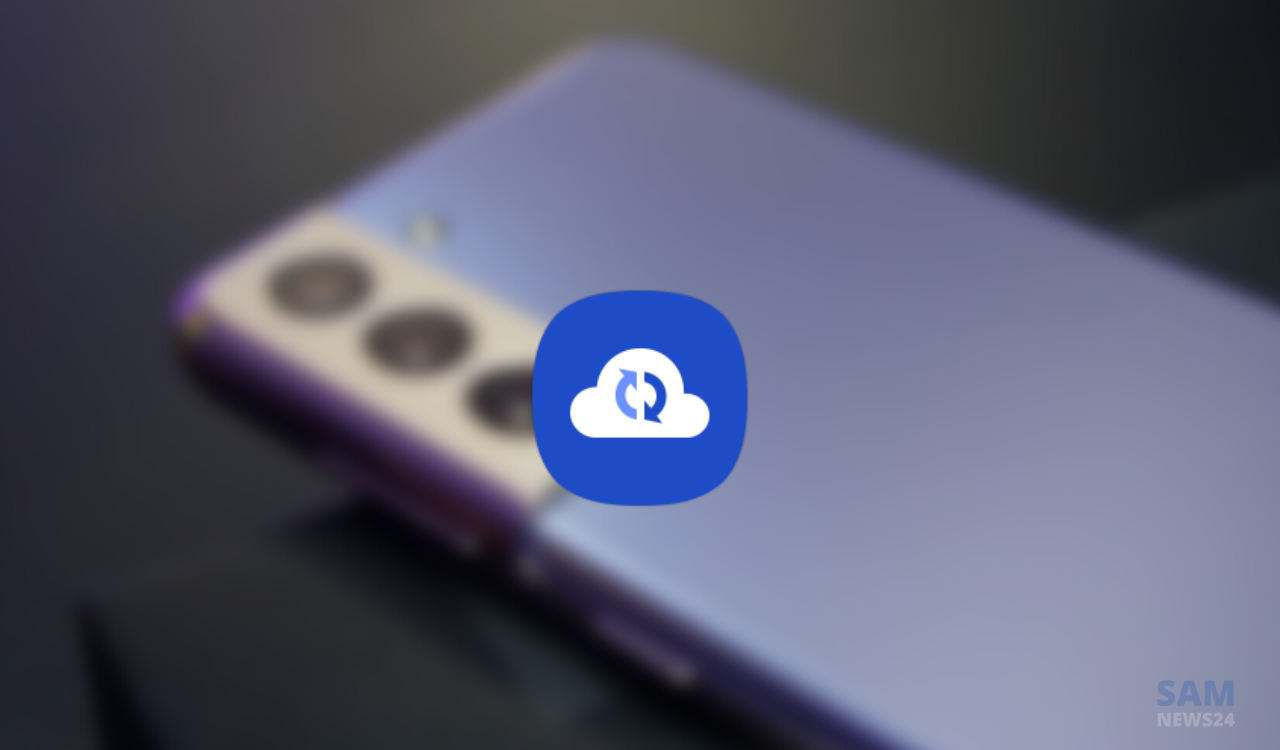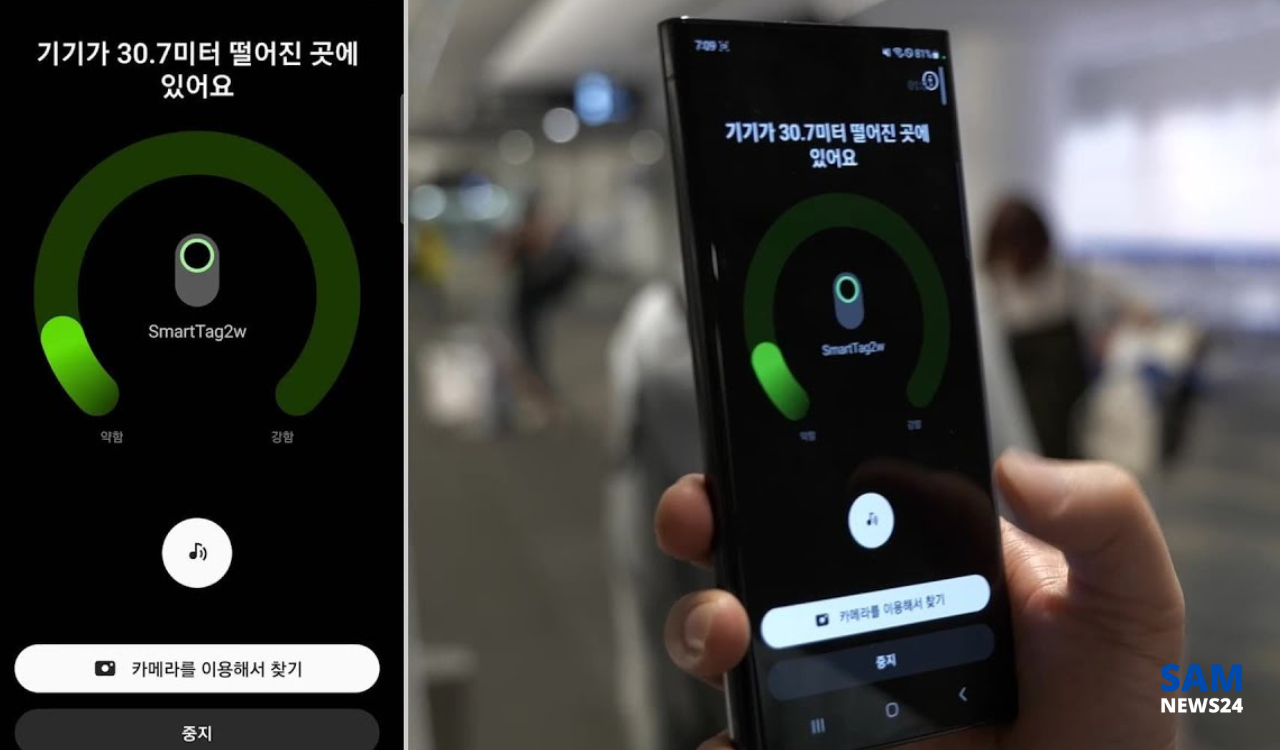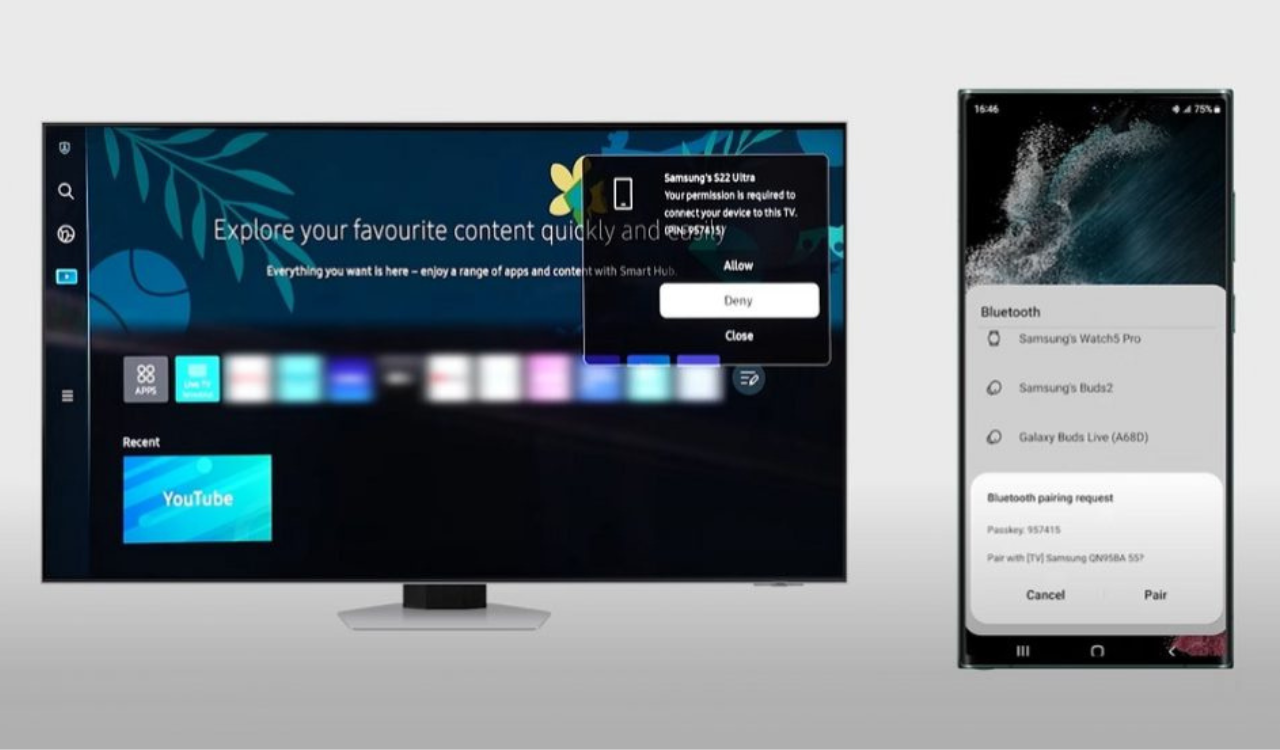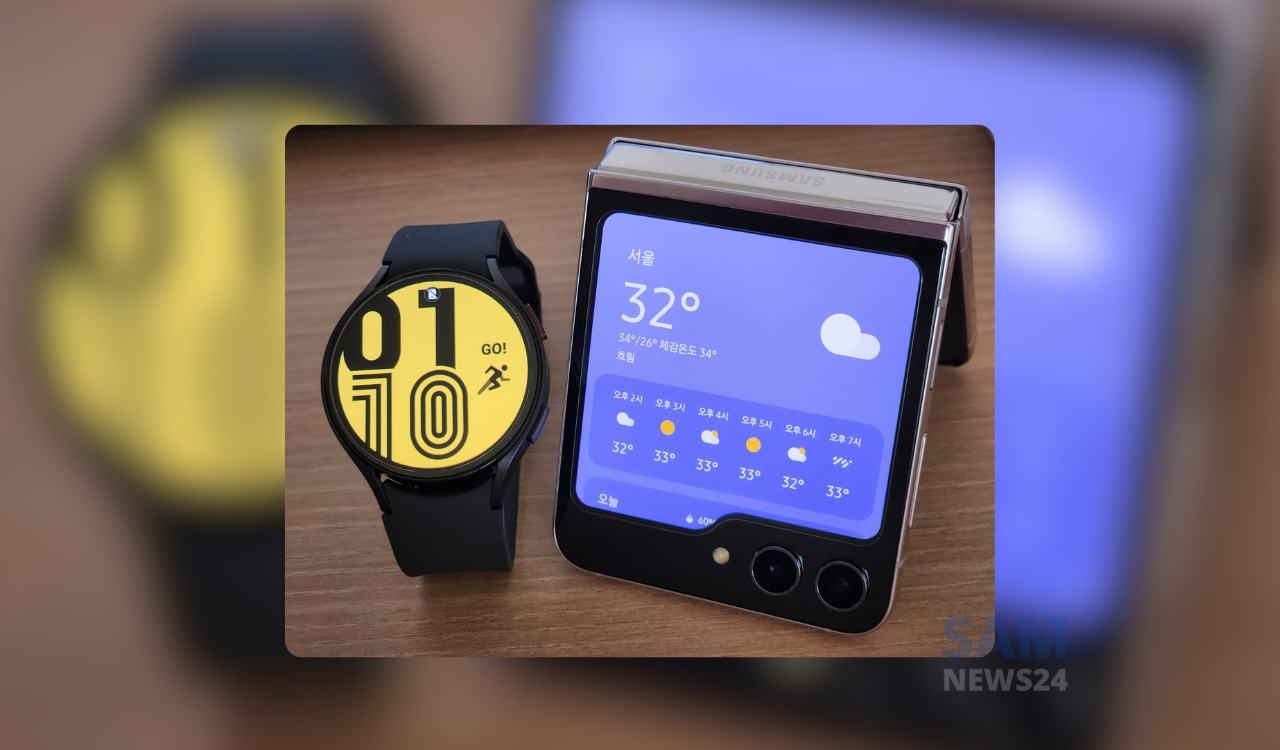Android 13 had just enrolled in the tech in late August 15, 2022, when the update was made available to Pixel phones and pushed to the Android Open Source Project. Cumulatively, Samsung may unveil the One UI 5.0, sometime in October 2022. This is all for keeping the legacy on, Samsung will release a new version of One UI alongside the next major OS upgrade for mobile devices. Just now stable Android 13 is only up to Pixel devices released by Google.
Samsung testing Android 13 in the beta form (One UI 5). And the stable version is expected to be released somewhere in October 2022. In order to take oneself in the race, many other OEMs like OnePlus also joined in the same context for its eligible devices.
Android 14’s early assumption before release in 2023
And so on while talking about the successor of the Android 13, Google is also a work in progress regarding the Android 14. There are several sources that are spreading out the latest development info of the next major software version. Android 14 first Developer Preview build will likely release in February 2023 and the Beta Build in April 2023.
The 14 generations of software support will have to support the Identity Credential HAL. OEMs who are upgrading their devices to coming software won’t have to implement the Identity Credential HAL because of Google Requirements Freeze (GRF).
Recently we append one article to our website. The news is related to the Android 14 that may need AV1 codec mandatory for all devices.
Here you are: Android 14 AV1: Some devices to go 64-bit-only
Mandatory support for the Identity Credential HAL
As per Esper’s Mishaal Rahman, devices with Android 14 will be forced to Mandatory support for the Identity Credential HAL. Under the information case, we find that the Android’s Identity Credential API provides an interface to securely store user identity documents such as mobile driver’s licenses.
TEE which is the Trusted Execution Environment in the device stores identity documents more securely than devices without this hardware support. Although this feature requires the Identity Credential hardware abstraction layer (HAL) to be carried through.
Google’s Pixel devices already have Identity Credential HAL. Google planned to require that chipsets launching with Android 13 support the Identity Credential HAL. This is to expand hardware support for the Identity Credential API.
Binding up…
Unless this requirement was scrapped or delayed even further, that means that chipsets launching with Android 14. This will support will have to support the Identity Credential HAL. Hope you like the content I drown above.
Also, do sump us in the comment below also stay tuned via @Samnews24…
JOIN US ON TELEGRAM Google News



























